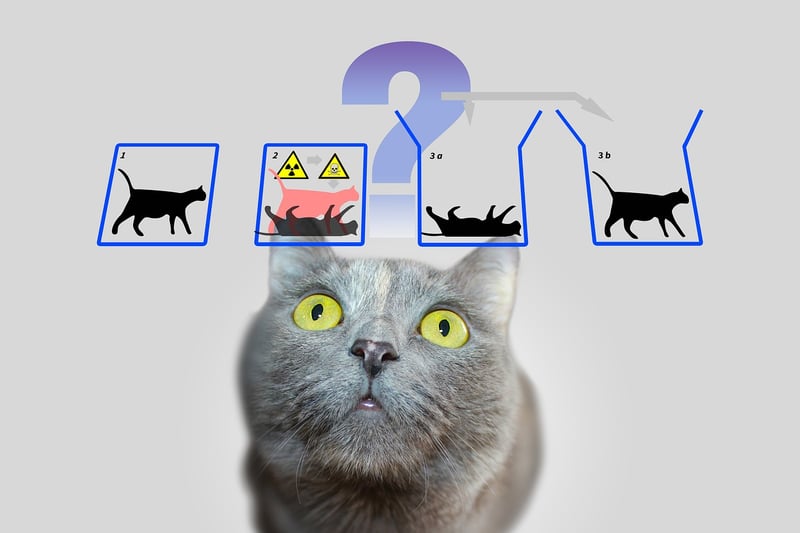Quantum Physics

The Fascinating Intersection of Transportation Tools and Quantum Physics
Transportation tools have come a long way, evolving from simple carts to sophisticated vehicles that can travel at incredible speeds. At the same time, the field of quantum physics has revolutionized our understanding of the universe at the most fundamental level. While these two areas may seem unrelated at first glance, there are surprising connections between them that are worth exploring.
1. Quantum Computing and Traffic Optimization
Quantum computing, a branch of quantum physics, has the potential to revolutionize transportation systems. By harnessing the power of quantum algorithms, traffic optimization problems that are currently unsolvable with classical computers can be tackled efficiently. This could lead to smoother traffic flow, reduced congestion, and more efficient transportation networks.
2. Quantum Sensors in Autonomous Vehicles
Autonomous vehicles rely on sensors to navigate their surroundings and make real-time decisions. Quantum sensors, which leverage quantum principles to achieve unprecedented levels of precision, could enhance the capabilities of autonomous vehicles. These sensors can improve object detection, mapping, and overall safety on the roads.
3. Quantum Mechanics and Material Science for Lightweight Vehicles
Quantum mechanics plays a crucial role in material science, enabling the discovery and design of advanced materials with unique properties. By leveraging these quantum principles, engineers can develop lightweight and durable materials for vehicles, leading to improved fuel efficiency and environmental sustainability.
4. Quantum Communication for Connected Transportation
Quantum communication technologies offer enhanced security and privacy compared to classical communication methods. In the context of connected transportation systems, quantum encryption can secure vehicle-to-vehicle and vehicle-to-infrastructure communications, protecting against cyber threats and ensuring the integrity of data exchange.
5. Quantum Tunneling and Future Transport Technologies
Quantum tunneling, a phenomenon in quantum mechanics, allows particles to pass through energy barriers that would be insurmountable in classical physics. This concept could inspire future transport technologies, such as quantum tunneling for efficient energy transfer in electric vehicles or quantum-inspired propulsion systems for space exploration.
Exploring the Boundaries of Innovation
The convergence of transportation tools and quantum physics opens up new possibilities for innovation and advancement in both fields. By embracing the principles of quantum mechanics, engineers and researchers can push the boundaries of what is possible in transportation, leading to safer, more efficient, and sustainable modes of travel.